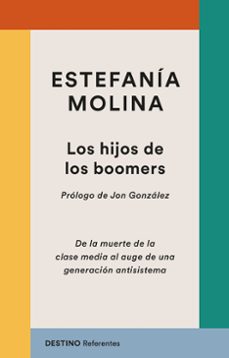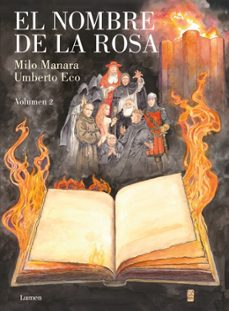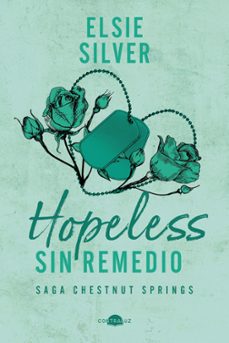📗 Libro en inglés QUANTUM COMPUTING FROM COLOSSUS TO QUBITS
TRANSWORLD PUBLISHERS- 9781804991183
Sinopsis de QUANTUM COMPUTING FROM COLOSSUS TO QUBITS
The revolution is here In breakthrough after breakthrough pioneering physicists are unlocking a new quantum universe which provides a better representation of reality than our everyday experiences and common sense ever could The birth of quantum computers which like Schrödinger s famous dead and alive cat rely on entities like electrons existing in a mixture of states is starting to turn the computing world on its head In his fascinating study of this cutting edge technology first published as Computing with Quantum Cats and now featuring a new foreword John Gribbin updates his previous views on the nature of quantum reality arguing for a universe of many parallel worlds where everything is real Looking back to Alan Turing s work on the Enigma machine and the first electronic computer Gribbin explains how quantum theory developed to make quantum computers work in practice as well as in principle He takes us beyond the arena of theoretical physics to explore their practical applications from machines which learn through intuition and trial and error to unhackable laptops and smartphones And he investigates the potential for this extraordinary science to allow communication faster than light and even teleportation as we step into a world of
Ficha técnica
Editorial: Transworld Publishers
ISBN: 9781804991183
Idioma: Inglés
Número de páginas: 304
Encuadernación: Tapa blanda
Fecha de lanzamiento: 26/01/2023
Año de edición: 2023
Especificaciones del producto
Escrito por John Gribbin
John Gribbin, se doctoró en astrofísica por la Universidad de Cambridge y en la actualidad es visiting fellow en astronomía en la Universidad de Sussex. Es, además, asesor del New Sciencist. Entre sus obras, grandes éxitos de ventas, destacan En busca del gato de Schrödinger, El Punto Omega, En busca del big bang, Cegados por la luz: la vida secreta del Sol, En el principio, Diccionario del cosmos (Crítica, 1997), En busca de Susy (Crítica, 2001), Introducción a la ciencia (Crítica, 2001) e Historia de la ciencia (Crítica, 2005).
Descubre más sobre John Gribbin Recibe novedades de John Gribbin directamente en tu email
Opiniones sobre QUANTUM COMPUTING FROM COLOSSUS TO QUBITS
¡Sólo por opinar entras en el sorteo mensual de tres tarjetas regalo valoradas en 20€*!



































